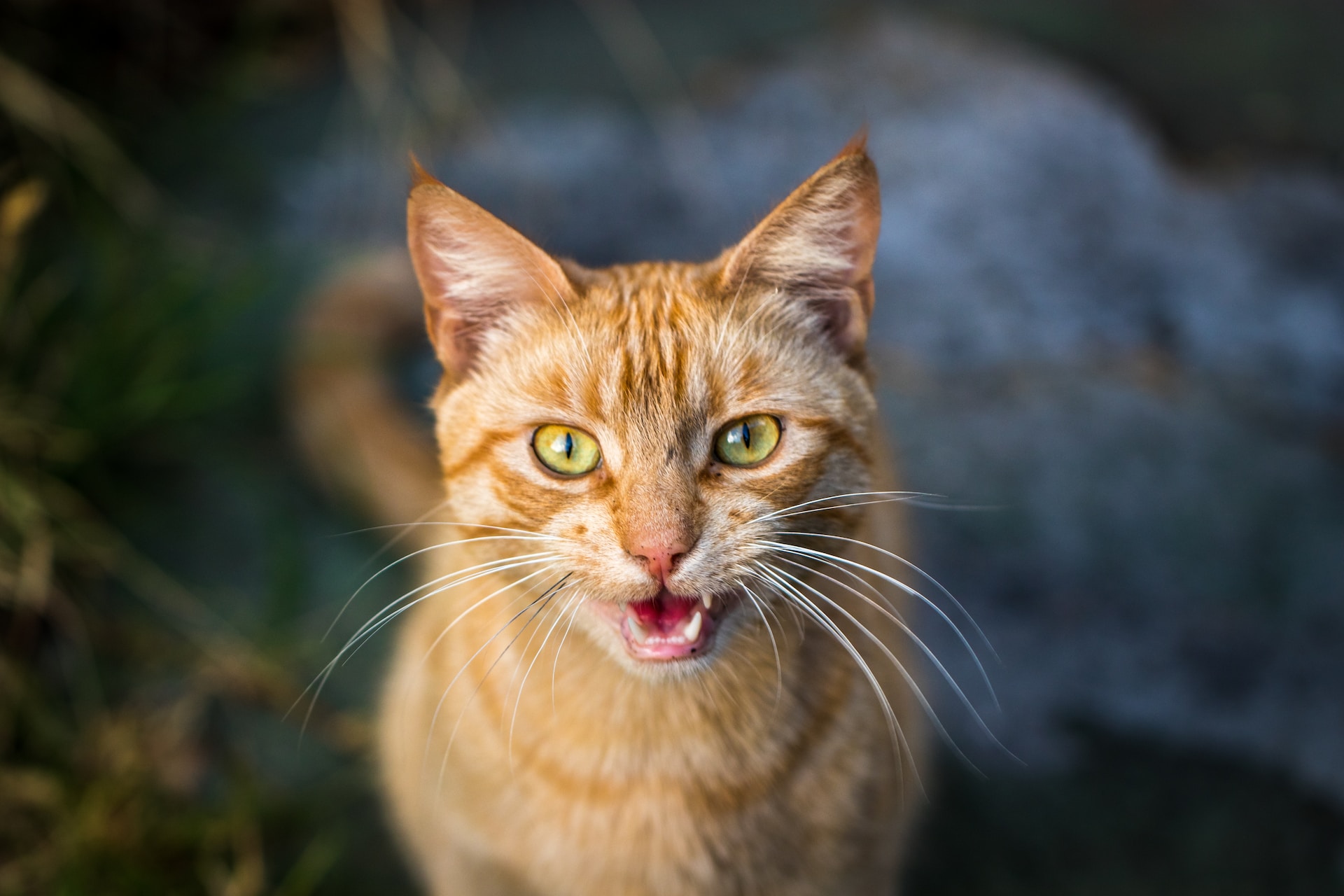
The thought of taking your feline companion to a dentist may seem odd at first, as we often correlate dental care with human health. However, dental health is a significant aspect of overall well-being for all creatures, and that includes our feline friends. Hence, the question arises, “Should cats go to the dentist?”
Feline Dental Problems
First and foremost, it is important to acknowledge that cats, much like their humans, can be prone to a variety of dental health problems. From plaque and tartar build-up to gum diseases and oral infections, feline dental issues are not rare. Dr. Wingo and Dr. Jucan see a painful condition referred to as tooth resorption in approximately 50% of their patients. Periodontal disease, for example, is a common condition in cats that starts with simple gingivitis but can progress to severe inflammation and even painful tooth loss if left unchecked.
It is worth noting that, unlike humans, cats can’t tell us when they’re suffering from a toothache or gum discomfort. It is uncommon for a kitty to quit eating from dental disease (there are exceptions), however, the dental disease often makes them eat “differently”. Thus, it is incumbent upon the kitties’ servant to stay vigilant about their pet’s oral health. Regular dental check-ups from board-certified veterinary dental specialists are a preventative measure to ensure that any issues are caught early and treated promptly, leading to better overall health and quality of life for your feline companion.
Cat Dental Care Visits
However, taking a cat to a ‘dentist’ doesn’t typically mean a regular human dentist. Veterinarians with a specialty in dental care, or board-certified veterinary dentists, are who you’ll need. They are trained to understand the unique structure and needs of animal teeth, including those of cats. Additionally, these professionals can safely perform dental procedures and surgeries on cats when necessary.
Another important aspect to consider is that dental check-ups for cats often go hand-in-hand with anesthesia. This is to ensure the safety of both the cat and the dental practitioner, as many cats would find a dental examination or procedure to be stressful or frightening. The use of anesthesia allows for a comprehensive examination and cleaning without causing undue stress to the cat. However, it’s crucial to discuss any potential risks with your vet and ensure that your kitty is a good candidate for anesthesia. Specialists such as board-certified veterinary dentists have advanced anesthesia training. Carefree Dentistry & Oral Surgery for Animals has an anesthesiologist on staff to provide remote consultations and monitoring of patients during the procedure, thereby increasing safety.
Cat Dental Care at Home
Home dental care also plays a crucial role in a cat’s oral health. Brushing your cat’s teeth regularly can help prevent the build-up of plaque and tartar, reducing the chances of periodontal disease. However, not all cats are tolerant of tooth brushing, so speak with the specialist about alternatives like dental diets or treats, oral rinses, and dental toys.
In conclusion, while you don’t need to schedule your cat for biannual cleanings like you would for yourself, being proactive about your cat’s dental health is vital. Regular check-ups with board-certified veterinary dental specialists, especially as your cat gets older, can help catch and address problems before they become severe. Combining this with an at-home dental care routine can significantly improve your cat’s oral health and, by extension, their overall health and well-being.
So, should cats go to the dentist? The answer is yes, but with a clarification—it’s not just about taking them to the dentist, but rather about ensuring a comprehensive approach to their dental health, involving both professional veterinary care and home routines. In the end, our cats’ health is in our hands, and that includes their dental health.
Photo by Jason Leung from Unsplash
